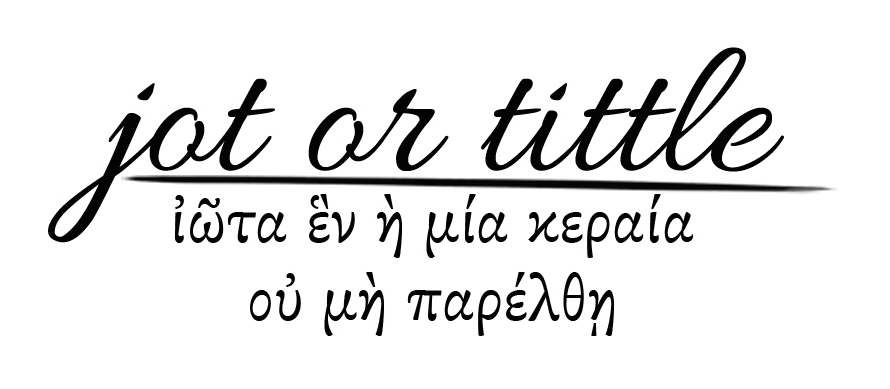Two Kinds of Wonder
The poppy bloom in Lake Elsinore is less than a mile from the Interstate. This was a rather convenient circumstance for those of us who were flocking from LA to see the wildflowers. Turn signal, exit, parking brake, nature. Katy and I arrived at the perfect moment—after the sun had begun opening the buds, but before the parking spaces near the trailhead filled up.
Growing up at the foot of the Southern Sierra has given me a particular idea of what nature is. In many of the places I’ve escaped to, unpaved roads have been the only indication of human disturbance (besides me, of course). I’ve had a different experience at the foot of the San Gabriel Mountains. Climbing to Inspiration Point last year, I only found one place on the trail where it wasn’t evident that I was hiking right next door to a metropolitan of eighteen million people. I took my time there.
It's was not surprising, then, that the superbloom was not idyllic. The freeway and the developments on its far side were visible to us on most of the trail. When we finally got away from it and reached the richest part of the bloom, we were directly underneath a set high voltage lines. We came to see the electric orange of the mountainside, and that experience came with the electric crackle of energy creeping along the wires above our heads.
The poppy bloom at Lake Elsinore, CA, March 25, 2017.
But actually, I found that sound fascinating. I stopped and listened when I first heard it. I may have paid it as much attention as I did the poppies. Electricity is something that we take for granted most of the time. It usually only makes the kinds of noises we want it to make—radio broadcasts, message pings, streaming music. It’s strange for liberal arts majors like me to think of electricity itself having a sound, and incredible to think of how much power must be rushing through the line to make it.
We often wonder at nature and human engineering as if they were two separate—even competing—categories: Landscapes are marred by the presence of a pylon. Industry and infrastructure ruin the beauty of the virgin earth. Of course, this is often true. Human society has done a great deal of damage to the natural world in the name of unthinking progress. The fillers and subduers of the earth are quick to lord their authority over it, taking for granted that nature is a resource to be used rather than a garden to be stewarded.
But human engineering is as much a thing of wonder as nature is. We are constantly pushing the limits of imagination. The fact that human beings have stood on an extraterrestrial body is difficult to think about (difficult enough that some people doubt it, despite the evidence). But it’s not much more difficult to think about than the labor, resources, and coordination that goes into building something like the electrical grid, or the Interstate system. Even our efforts to preserve the natural world in a pristine state are a thing largely of human ingenuity. Think of how our national parks have recently been celebrated as “America's best idea.”
The T. A. Molton Barn below the Teton Range in Grand Teton National Park, WY.
It is possible to make an idol of human accomplishment. The Apollo program is most like the Tower of Babel when it is treated as something utterly humanistic. “Look at what humankind has done! There is truly nothing that we set our minds to that we cannot accomplish.” Science and technology are their own kind of religion among many in the modern world, with priests whose names we know well: Roddenberry, Tyson, Musk.
But its not as if the world's natural wonders are free from such dangers. For every Christian inspired to worship by the delicate intricacies and monumental heights of the creation, there is someone who worships nature itself as a god. Why shouldn’t it be the case that for every person who sees Silicon Valley as the hope of humanity, there is a Christian who is inspired to worship by the creative potential that God has instilled in humankind?
God blesses makers. Exodus 31 tells us that Bezalel and Oholiab were inspired by the Spirit of the God to do masterful metal and woodwork. Should we doubt that accomplishments such as theirs honor God? Can we hear in the command to “fill the earth and subdue it” something other than the command to rightly create?
The Bible and the creation that is its setting begin with a garden, but they end with a blessed city. Jonathan Wilson puts the significance of this movement beautifully in God’s Good World:
In this new creation, the gift of creation is made evident. The heavenly city, the new Jerusalem, comes down from heaven. This is striking because we do not readily think of creation in relation to the built environment. And when we think of “city,” we think of human work, not God’s work. In this image, then, we are shown that God redeems what we have done with the world and incorporates it into the new creation as God’s gift to us. . . . The vision may surprise us with the declaration that what is good, true, and beautiful in human culture has a place in the new creation. By God’s blessing and judgment, the culture that we form from what God gives us in this world may become part of the new creation.
The wedge we drive between human accomplishment and the world as it is or would be without us often results in our having two distinct kinds of wonder. But the God who made the world to his glory also put humankind in it “to love him and enjoy him forever.” Creation, with and not despite all the good things that we do with it, resounds to his glory.




